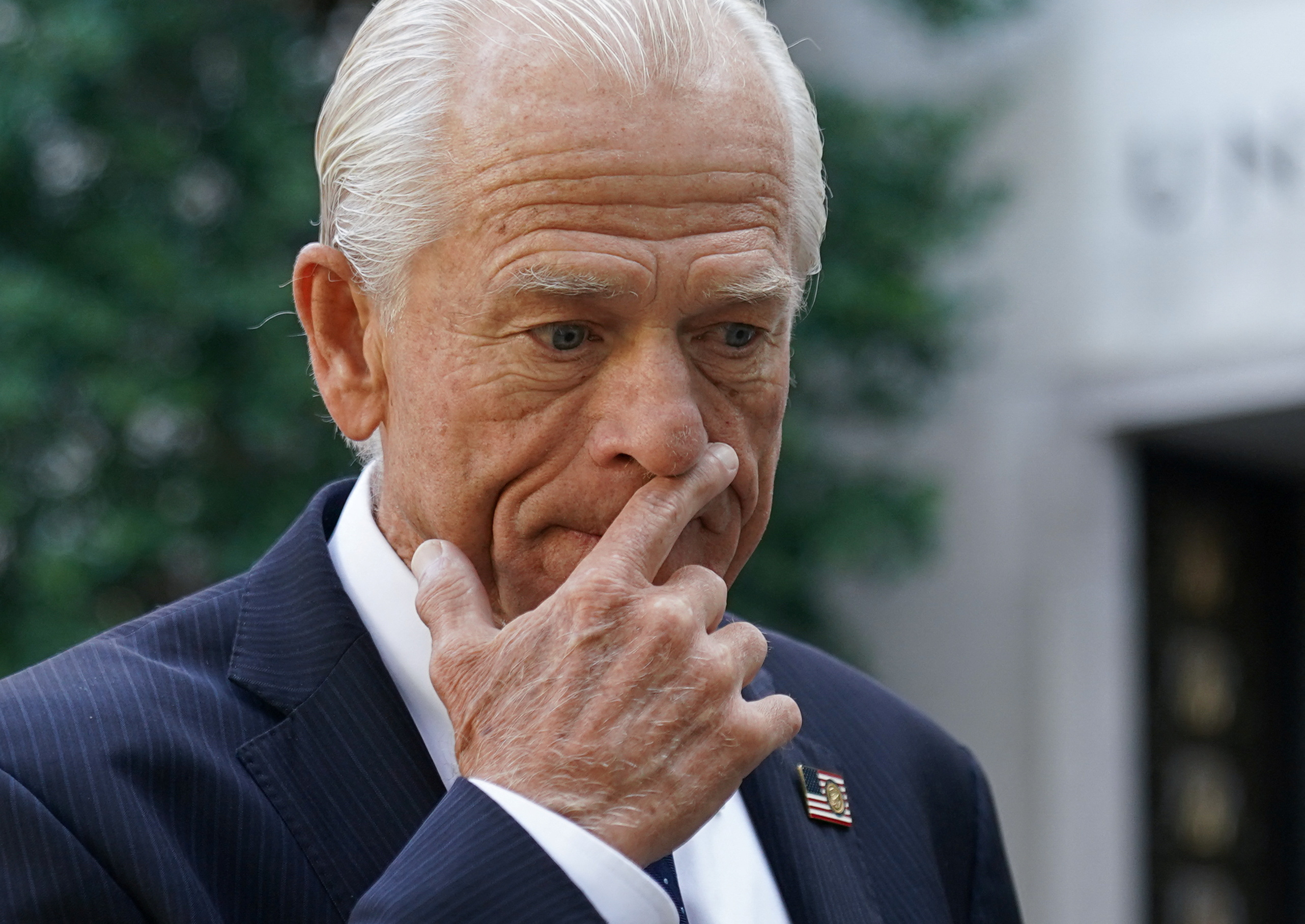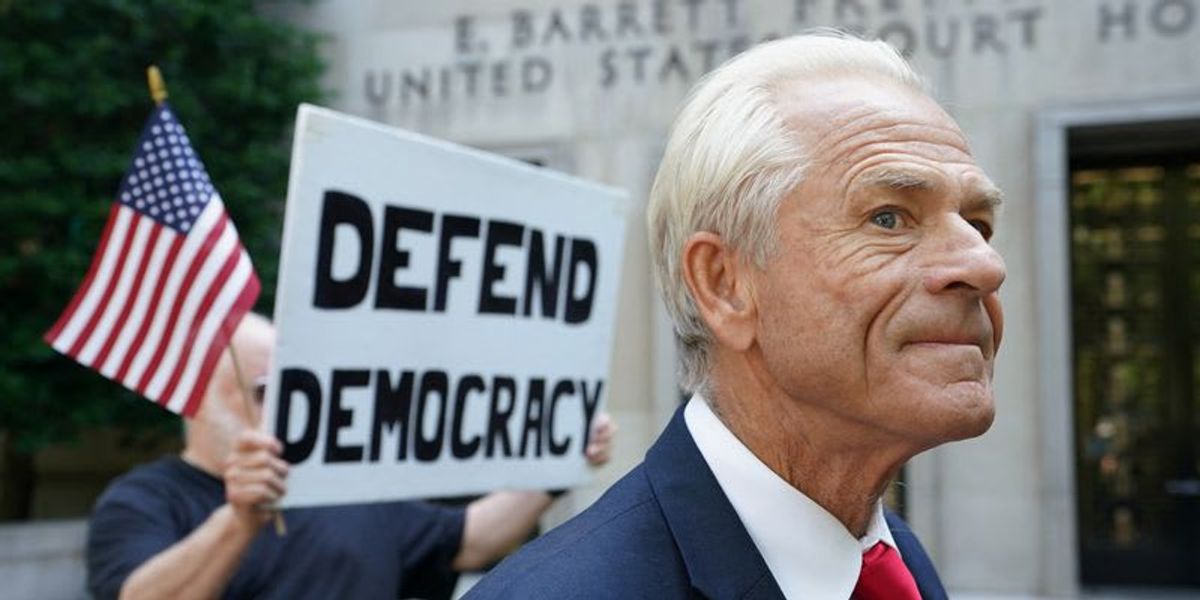Table of Contents
- US prosecutors urge jurors to convict Trump ex-adviser Navarro for ...
- Peter Navarro is about to become one of the world’s most powerful ...
- Peter Navarro is about to become one of the world’s most powerful ...
- Supreme Court denies Navarro bid to delay start of prison sentence ...
- Ex-Trump adviser Peter Navarro ordered to report to prison on March 19 ...
- Peter Navarro has 'no defense at this point' and his conviction is all ...
- Protesters Derail Peter Navarro's Press Conference
- Former Trump Aide Navarro Sentenced to 4 Months for Contempt of ...
- Trump’s Trade Deal ‘In the Bag,’ China Hawk Navarro Says - Bloomberg
- Supreme Court denies Navarro bid to delay start of prison sentence ...

Peter Navarro, a former advisor to ex-President Donald Trump, has reported to federal prison to begin serving his 4-month sentence for contempt of Congress. This development marks a significant milestone in the ongoing saga surrounding the January 6th Capitol riot and the subsequent investigations. In this article, we will delve into the details of Navarro's case, the charges he faced, and the implications of his sentencing.


Background of the Case

Peter Navarro, who served as the Director of the Office of Trade and Manufacturing Policy under President Trump, was subpoenaed by the House Select Committee investigating the January 6th attack on the Capitol. The committee sought documents and testimony from Navarro as part of their broader inquiry into the events leading up to the riot. However, Navarro refused to comply with the subpoena, citing executive privilege and claiming that he was protected from testifying by his position as a former White House advisor.


Charges and Sentencing

As a result of his refusal to comply with the subpoena, Navarro was charged with contempt of Congress, a federal offense that can carry significant penalties. In August 2022, Navarro was found guilty on two counts of contempt of Congress, and in January 2023, he was sentenced to 4 months in prison, followed by 2 years of supervised release. The sentencing marked a significant escalation in the ongoing battle between the executive branch and Congress over issues of executive privilege and congressional oversight.


Implications of the Sentencing

The sentencing of Peter Navarro has significant implications for the ongoing investigations into the January 6th riot and the broader issue of executive privilege. The case sets a precedent for the consequences of refusing to comply with congressional subpoenas, and it underscores the importance of cooperation between the executive and legislative branches. Furthermore, the sentencing highlights the ongoing tensions between the Trump administration and the Biden administration, with many viewing the case as a test of the limits of executive power.
The sentencing of Peter Navarro to 4 months in prison for contempt of Congress marks a significant development in the ongoing saga surrounding the January 6th riot. As the investigation continues to unfold, it is likely that we will see further battles over issues of executive privilege and congressional oversight. The case serves as a reminder of the importance of cooperation between the branches of government and the need for accountability in the face of significant challenges to our democratic institutions. As the country moves forward, it is essential that we prioritize transparency, accountability, and the rule of law to ensure the integrity of our democratic processes.
For more information on this developing story, please follow our blog for updates and analysis on the latest news and trends. We will continue to provide in-depth coverage of the ongoing investigations and the implications for our country and its institutions.
Keyword: Peter Navarro, Contempt of Congress, January 6th riot, Executive Privilege, Congressional Oversight. Meta Description: Peter Navarro reports to federal prison to begin serving his 4-month sentence for contempt of Congress. Understand the details of his case and the implications for the ongoing investigations into the January 6th riot. Note: This article is based on publicly available information and is intended for general informational purposes only. It is not intended to be taken as legal or professional advice.